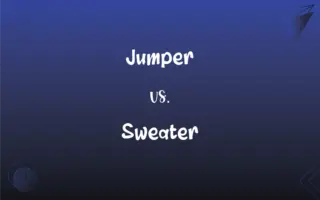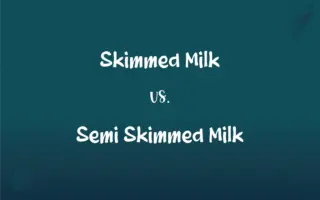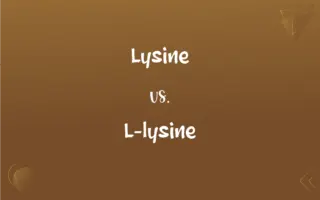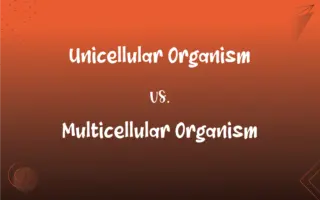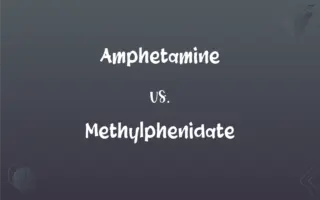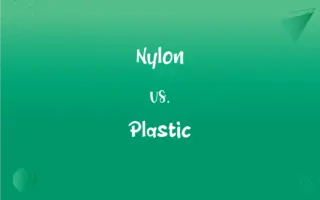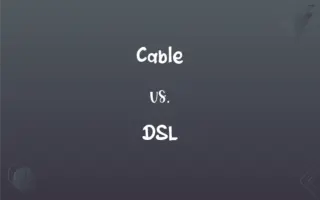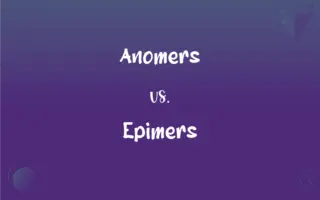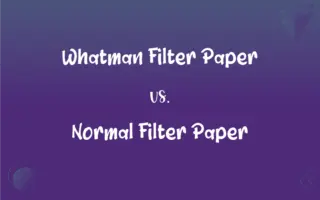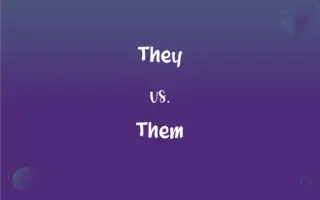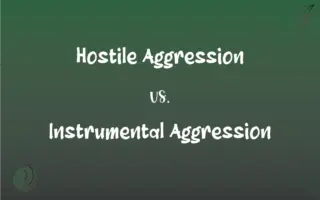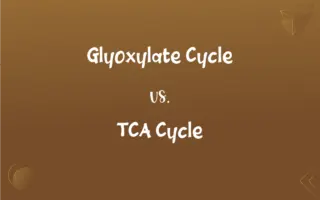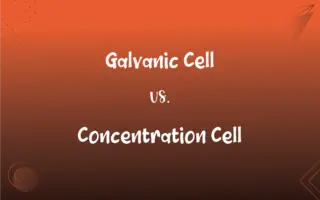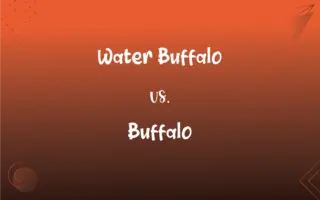Propel vs. Impel: What's the Difference?
Edited by Harlon Moss || By Janet White || Updated on November 13, 2023
Propel refers to drive or push something forward. Impel refers to urge or drive someone to action, often by moral pressure.

Key Differences
"Propel" refers to the act of pushing or driving something forward, often physically, as in propelling a boat with oars. "Impel," however, often involves a psychological or moral force, driving a person to act.
"Propel" is commonly used in contexts involving physical movement or momentum, like a propeller moving a ship. "Impel" is more about internal motivation or external pressure compelling someone to do something.
In mechanics, "propel" describes the action of causing movement in machines or objects. In contrast, "impel" is used in situations where a person is driven to act by feelings, beliefs, or moral obligations.
"Propel" often implies a direct, forceful action leading to movement. "Impel" suggests an influence or urge that pushes someone to take a certain action.
"Propel" can be used in a broad range of physical contexts, from simple hand-driven motion to complex machinery. "Impel" is more nuanced, often associated with psychological, ethical, or emotional motivations.
ADVERTISEMENT
Comparison Chart
Aspect of Comparison
Propel
Impel
Primary Use
Physical movement or momentum.
Psychological or moral motivation to act.
Context
Often mechanical or physical.
Emotional, ethical, or motivational.
Implication
Direct force leading to movement.
Influence or urge leading to action.
Application
Broad in physical contexts.
Specific to internal or external motivations.
ADVERTISEMENT
Examples
Propelling a boat, a rocket.
Impelled by guilt, duty, or passion.
Propel and Impel Definitions
Propel
To push or cause something to move in a particular direction.
He used a paddle to propel the canoe.
Impel
To incite or propel someone psychologically.
The need to create impelled him to write daily.
Propel
To drive forward or cause to move.
The wind helped propel the sailboat across the lake.
Impel
To drive or urge someone to do something.
A sense of duty impelled him to volunteer.
Propel
To motivate or drive someone to a particular action.
Her ambition propelled her to the top of her class.
Impel
To motivate or influence someone to act.
Her passion for justice impelled her to become a lawyer.
Propel
To cause to progress or advance.
Innovative ideas propelled the company's success.
Impel
To compel or force someone into action.
Financial necessity impelled her to find a second job.
Propel
To impart force to something causing movement.
The engine propels the car forward.
Impel
To push or drive forward, especially by internal motivation.
Curiosity impelled him to explore new places.
Propel
To cause to move forward or onward.
Impel
To urge to action through moral pressure; drive
I was impelled by events to take a stand.
Propel
To cause to develop or progress
A misunderstanding that propels the story forward.
Impel
To drive forward; propel.
Propel
(transitive) To provide an impetus for motion or physical action, to cause to move in a certain direction; to drive forward.
Impel
(transitive) To urge a person; to press on; to incite to action or motion via intrinsic motivation.
Propel
To provide an impetus for non-physical change, to make to arrive to a certain situation or result.
Impel
(transitive) To drive forward; to propel an object, to provide an impetus for motion or action.
Propel
To drive forward; to urge or press onward by force; to move, or cause to move; as, the wind or steam propels ships; balls are propelled by gunpowder.
Impel
To drive or urge forward or on; to press on; to incite to action or motion in any way.
The surge impelled me on a craggy coast.
Propel
Cause to move forward with force;
Steam propels this ship
Impel
Urge or force (a person) to an action; constrain or motivate
Propel
Give an incentive for action;
This moved me to sacrifice my career
Impel
Cause to move forward with force;
Steam propels this ship
FAQs
Is "propel" used in mechanical contexts?
Yes, it's commonly used to describe mechanical movement.
Can "propel" be used metaphorically?
Yes, it can metaphorically mean advancing or progressing.
Does "impel" imply a moral obligation?
Often, it can imply moral or ethical reasons for action.
Is "impel" always about serious motivations?
Not always; it can be any strong motivation, serious or not.
Does "propel" suggest a positive movement?
Not necessarily; it's neutral regarding the outcome.
Is "propel" always physical?
Mostly, but it can also imply advancing in non-physical contexts.
What does "propelled by the wind" mean?
It means being moved forward by the force of the wind.
Does "impel" always involve others?
No, one can be impelled by their own thoughts or feelings.
Can "impel" relate to external factors?
Yes, external pressures like duty or necessity can impel action.
Is "impel" a common everyday term?
It's less common and more formal than "propel."
Is "propel" a technical term?
It's used technically but also in general language.
Can "propel" refer to career advancement?
Yes, it can refer to driving someone forward in their career.
How does "impel" differ from compel?
"Impel" is more about internal motivation, "compel" is more forceful.
Can "impel" be used in a physical sense?
Rarely; it's primarily psychological or motivational.
Can "impel" be involuntary?
Yes, one can be impelled by factors beyond their control.
Can "propel" have a negative connotation?
In certain contexts, it can imply forceful or aggressive action.
Can "impel" indicate a sudden action?
It usually suggests a build-up rather than suddenness.
Is "propel" related to speed?
It can imply speed but primarily focuses on direction of movement.
Does "propel" imply continuous movement?
It can, especially in the context of propulsion systems.
Is "impel" used in legal language?
Yes, often in the context of what drives a person to act.
About Author
Written by
Janet WhiteJanet White has been an esteemed writer and blogger for Difference Wiki. Holding a Master's degree in Science and Medical Journalism from the prestigious Boston University, she has consistently demonstrated her expertise and passion for her field. When she's not immersed in her work, Janet relishes her time exercising, delving into a good book, and cherishing moments with friends and family.
Edited by
Harlon MossHarlon is a seasoned quality moderator and accomplished content writer for Difference Wiki. An alumnus of the prestigious University of California, he earned his degree in Computer Science. Leveraging his academic background, Harlon brings a meticulous and informed perspective to his work, ensuring content accuracy and excellence.
















